|
Genres, Themes, Actors, and Directors:
- China
- Documentary
- Musicians
Review:
This Oscar-winning documentary chronicles the first collaboration between an American musician and the China Central Symphony Society (now known as the China National Symphony Orchestra) — a historical moment perhaps not fully appreciated today, when U.S. relations between China are strained but ongoing, and we have seen countless Chinese musicians embarking on international careers. In 1979, however, when Stern visited Peking and Shanghai, he saw young students just emerging from years of cultural repression, playing “western” classical music with immense technical skill and passion but without personal ownership or deep insight into the music itself. While there’s an inevitable sense throughout the film of a white male Westerner coming to China to “fix” Asians’ musical sensibility (and, in one case, force them to provide him and his accompanist with a more suitable piano!):
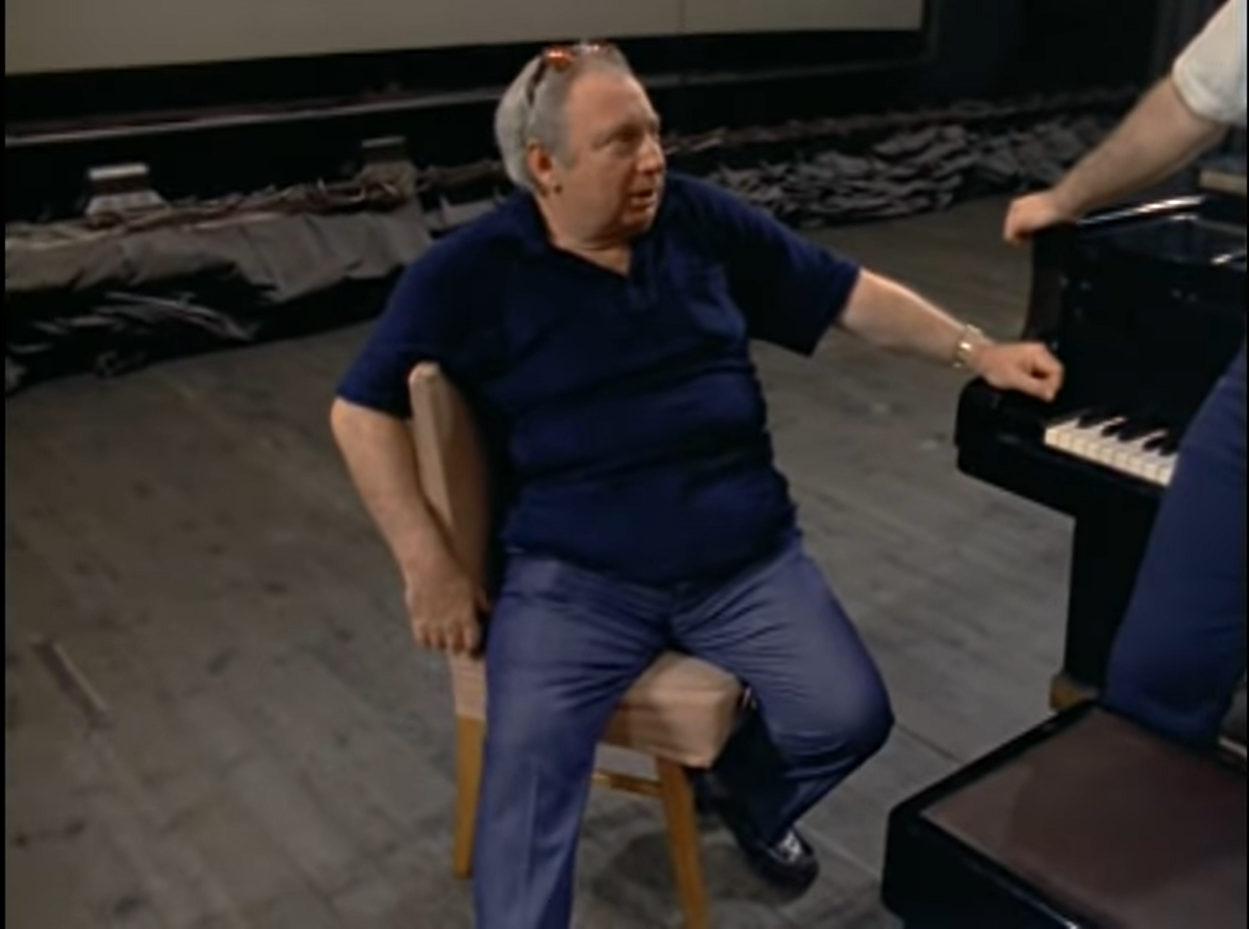
this is thankfully moderated by several factors, including Stern’s irrepressible, toothy enthusiasm and talent; stunning footage of highly gifted young musicians; and a powerful strand of cultural context and history woven into the narrative, primarily through a moving interview with violin maker Tan Shuzhen (who survived the Cultural Revolution).
Note: Interested viewers should definitely watch the half-hour follow-up documentary (included on the DVD) in which Stern returns to Beijing 20 years later and we’re privy to interviews with many of the young musicians profiled in the film. It’s interesting to see that Stern became a bit more crotchety and impatient in his later years, though he conceded that Chinese musicians had become much more proficient since his last visit.
Redeeming Qualities and Moments:
- Isaac Stern’s enjoyable presence and musicality
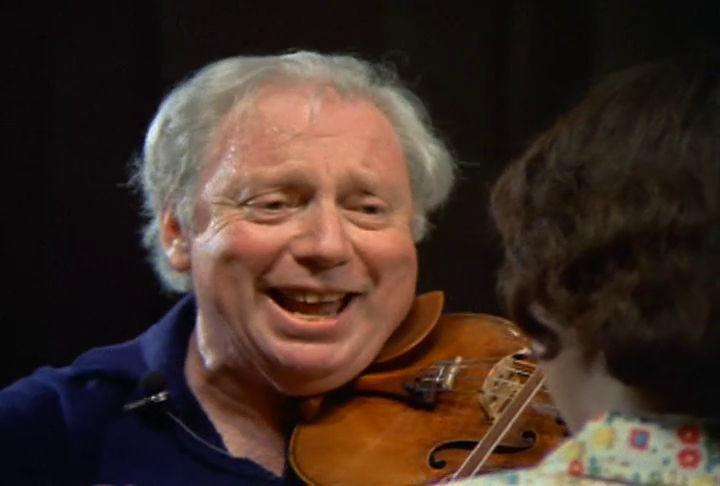
- An uplifting tale of cultural connection after years of division
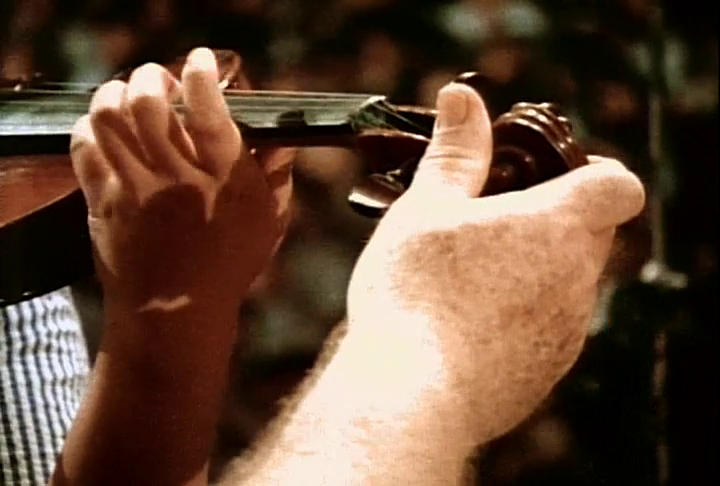
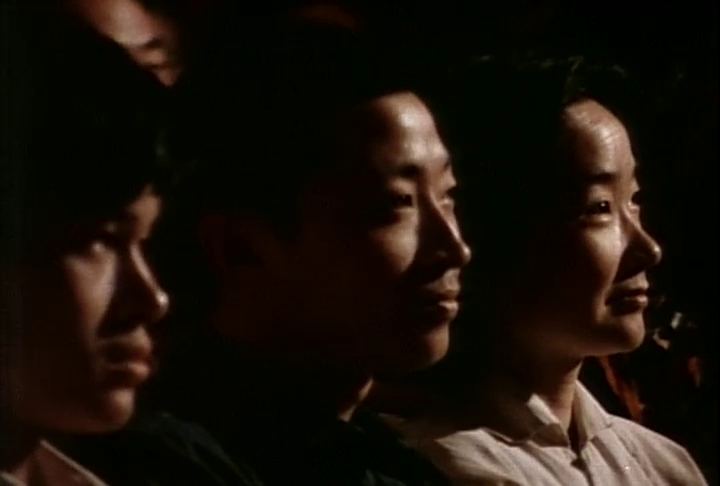

- Tan Shuzhen’s story of surviving the Cultural Revolution
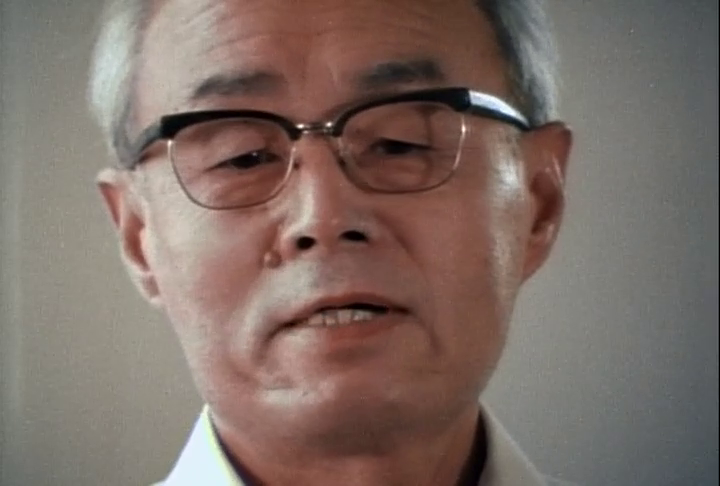
- Chinese children playing with passion and immense skill
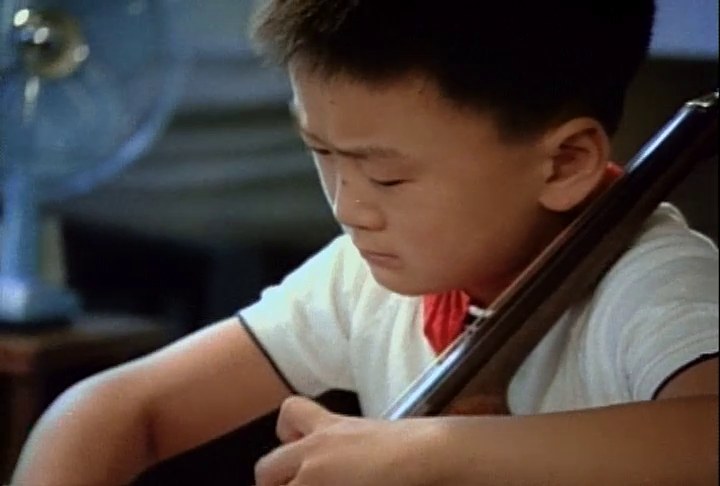
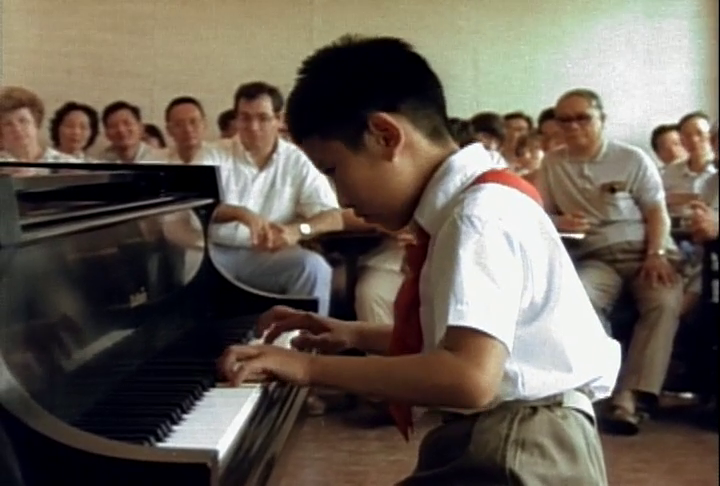
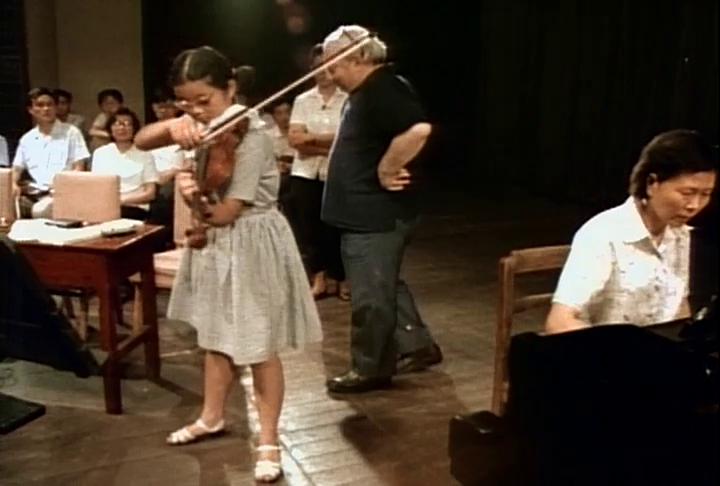
Must See?
Yes, as an uplifting and enjoyable Oscar-winner.
Categories
Links:
|
One thought on “From Mao to Mozart (1981)”
First viewing. A once-must, for its unique view of cultural exchange.
Copied from my FB Film Junkie posting:
[“They were not accustomed to playing with passion and variety of color.” That quote from Stern does not allow for the fact that – indeed – the Chinese were accustomed to playing with passion and color…when performing the arts of their own culture. But, when it came to western music, the musicians Stern encountered in 1980 had just recently been unleashed from the Cultural Revolution (1966-1976), a decade of bizarrely strict nationalism which viewed western culture as ‘the devil’ and treated/punished as criminals those who had been embracing it. Therefore, their approach to western music, in 1980, remained tentative. The most moving part of this doc is an explanation of the Cultural Revolution by Tan Shuzhen, the leader of a music conservatory who survived that miserable period. …I didn’t anticipate that a doc about music would often bring me close to tears, as this film did. It is such a rich experience of cultural exchange, and a joyous sharing of music. The DVD also contains an interesting follow-up, in which Stern returns to China in 2000, and sees how much China and its musicians have grown.]
I did also watch the 20-years-later follow-up extra on the DVD. To tell the truth, I didn’t notice any significant change in Stern; he seemed very much the same as he had been 20 years earlier. It was nice seeing his son David, though – following respectfully in dad’s footsteps. They seemed to have a very nice rapport.